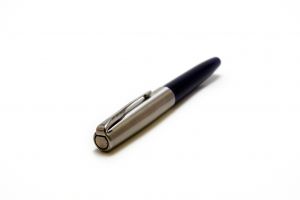
January 18, 2013
FHA Home Loans On Investment Properties: A Reader Question
A reader asks, “As a homeowner, can I purchase an investment property with a FHA loan? FHA loans for single-family homes are designed for principal residences, which means the borrower must intend to live in the home as his or her primary residence. FHA loan rules state, “To prevent circumvention of the restrictions on FHA-insured mortgages to investors, FHA generally will not insure more than one mortgage for any borrower (transactions in which an existing FHA mortgage is paid off and another FHA mortgage is acquired are acceptable). Any person individually or jointly owning a home covered by a mortgage insured by FHA in which ownership is maintained may not purchase another principal residence with FHA mortgage insurance except under the situations described below. Properties previously acquired as investment properties | more...









